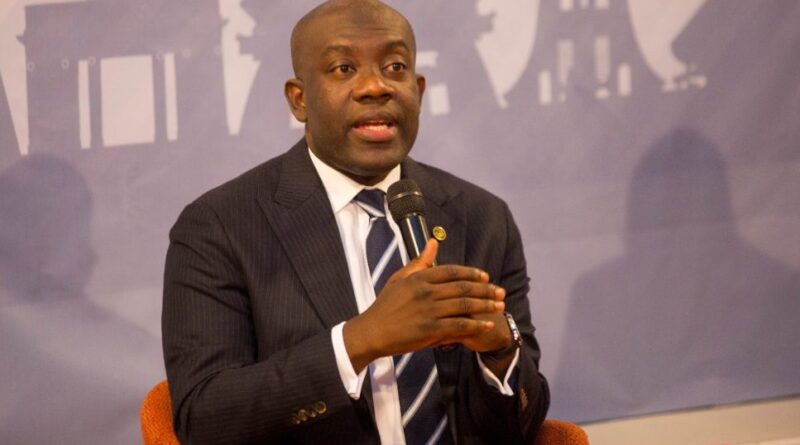Oppong Nkrumah Criticizes New Administration’s Economic Strategy Amid Formation of NED Planning Committee
Ofoase Ayirebi MP, Kojo Oppong Nkrumah, has raised concerns over apparent misalignment within President Mahama’s new administration regarding key responsibilities, particularly following the establishment of the seven-member National Economic Dialogue (NED) Planning Committee chaired by Dr. Ishmael Yamson.
Speaking on the matter, Oppong Nkrumah, a former Minister of Information, noted discrepancies between the administration’s stated fiscal objectives and the actions of its ministers. He questioned how Finance Minister Dr. Cassiel Ato Forson’s job creation promises align with the roles of other economic sector ministers. He also pointed out contradictions between the President’s call for fiscal consolidation and signals of fiscal expansionism within the government.
“Hopefully, this dialogue will produce actionable ideas to accelerate the economic recovery that began in 2024,” Oppong Nkrumah stated. However, he expressed skepticism, referencing past economic forums whose recommendations were largely abandoned, such as the 2014 Senchi Consensus and the National Policy Summits during the Akufo-Addo administration.
Concerns Over Accountability and Delivery on Promises
Oppong Nkrumah warned that using the NED as a platform to justify deviations from campaign promises could erode public trust. “Many young people voted with the expectation that political leaders would honor their commitments. If this dialogue is used as a cover to backtrack on promises, it will severely damage faith in our democracy. The Politics of Promise-Win-and-Switch must be avoided,” he cautioned in a Facebook post.
Committee Objectives and Responsibilities
The NED Planning Committee comprises Dr. K.Y. Amoako, Prof. John Gatsi, Mohammed Samara, Nelly Mireku, Anthony Sarpong, and Ernest De-Graft Egyir. According to Acting Presidential Spokesperson Felix Kwakye Ofosu, the dialogue aims to address pressing economic challenges, develop a homegrown fiscal consolidation strategy, and highlight structural reforms to drive growth and resilience.
The committee has been tasked with several responsibilities, including:
- Setting an agenda aligned with the NED’s objectives.
- Coordinating speakers and panelists specializing in economics, energy, and agriculture.
- Managing logistics, including venue selection and transportation.
- Organizing panel discussions and workshops, facilitated by moderators and rapporteurs.
- Documenting the dialogue’s proceedings and preparing a comprehensive report with policy recommendations.
- Crafting a communication strategy to promote and disseminate outcomes.
Past Lessons and the Path Ahead
While Oppong Nkrumah acknowledged the value of dialogues in fostering consensus and strengthening democracy, he stressed the importance of implementation. He recalled how many recommendations from the Senchi Consensus and National Policy Summits were overlooked, questioning whether this forum would lead to meaningful action or simply repeat past mistakes.
He emphasized the need for careful monitoring of the dialogue’s outcomes to ensure they contribute to Ghana’s fiscal and economic programs from 2025 to 2028. “The 2025 dialogue should not replicate the failures of the 2014 economic forum or the 2017/2018 summits,” he stated.
Oppong Nkrumah concluded by reiterating his party’s commitment to constructive opposition, pledging to offer lessons from their time in government while critiquing areas where the new administration might falter. “We will keep an eye on this dialogue, highlight its good aspects, critique the bad, and point out where mistakes from the past risk being repeated.”
The National Economic Dialogue is set to provide a platform for consultation on policy reforms aimed at transforming Ghana’s economy into a high-growth, inclusive, and resilient one. Whether it will live up to its ambitious goals remains to be seen.
